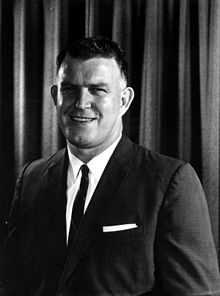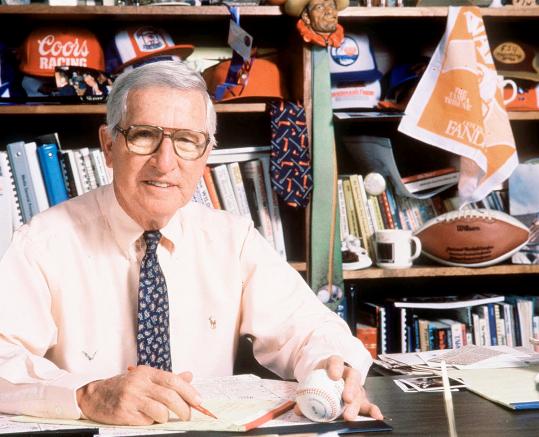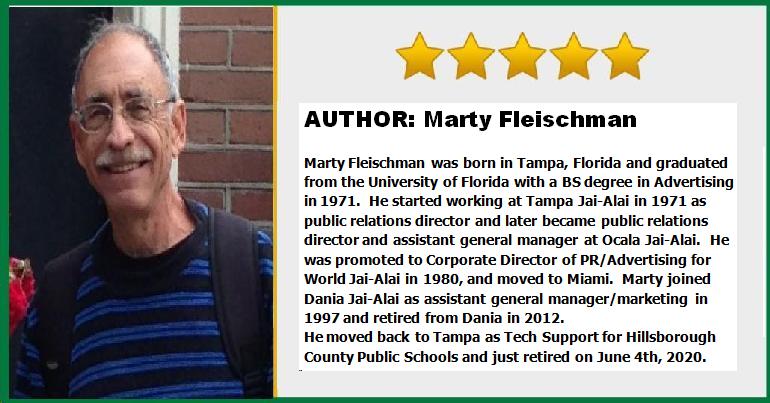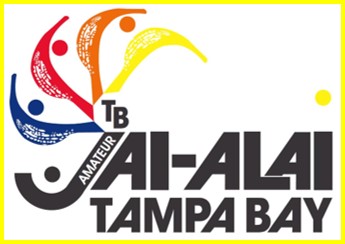The Punishment Did Not Fit the Crime (Part III)


As I sat across the booth from Dick Gerrity at Brewmaster’s Steak House just off Cypress Avenue in April of 1979, I felt the tension. Though this rugged, retired ex-FBI agent, now my boss and friend, had handled bank robbers and truck hijackers, he seemed to be having trouble handling me.
“How have you been doing?” he started off the conversation with clear empathy. “We all miss you at the fronton.” I knew that wasn’t true. It had been more than a month since my arrest and suspension. Not one of my fellow workers, nor anyone from management had called or contacted me. In fact, I heard there was a mad scramble for my job, many of my so-called “friends” had even gone to him applying for my position.
One thing I quickly learned about this unfortunate experience; you find out who your friends really are. Of course, your family is always there for you. Then, your close personal friends do call and check on you. One that stands out, that went far above and beyond, was Rick McEwen, the son of the Tampa Tribune’s sports editor.
Rick and I had known each other since our junior high school golf days. Our dads were rivals, but good friends. When Rick heard the news, he not only called me almost daily, but he would also pick me up a couple times a week to play golf. Rick passed away this year. But I will never forget his loyalty and his kindness. He showed me true friendship.
Gerrity appeared slightly nervous. I told him that my attorney Richard Hirsch was hopeful that the charges would be reduced, that I would not be convicted of a felony. I said I was still fighting to convince Division Director Bradley that my pari-mutuel license should remain intact.
“Marty, you know you’re like a son to me. You taught me everything I know about Jai-Alai,” he said. “But I think you should resign.” Those last words hit me like a ton of bricks. I couldn’t speak. I just stared at him. Of all people, I thought Dick was my biggest ally, my greatest supporter. I knew he was a competitor and never gave up on anything. Yet he was telling me to throw in the towel.
“Dick, I really don’t think betting on a few football games should end my career,” I told him. “I know it may be a long shot to get out of this thing, but I just don’t think the punishment fits the crime.”
I, then, asked him the critical question. “Dick, are you firing me?” He quickly replied he wasn’t. But he felt it would be good for all parties to just move on. The arrests had already generated bad publicity for Tampa Jai-Alai and for myself. Did I really want to go through more pain he asked?
I explained to him how much I loved the sport and my job. I just couldn’t give up. But I needed to ask him one final question. “If I get through this, do I still have my job?” He answered, it was a bit underwhelming, but it was, “Yes.”
On my way home, I felt a tremendous sadness. I had a great deal of affection for this man. He was more than a boss; he was a friend. I knew that things would never be the same between us again.
Unsure of whether Dick Gerrity was acting on orders from our Miami corporate office to seek my resignation, I decided to call directly down there. Dick was brought in by his mentor and friend, H. Paul Rico, World Jai-Alai’s VP and Director of Security. Paul had made some trips to Tampa and loved to play golf with us. Though much older than me, Paul and I really hit it off. I had gotten my brother to even invite him to a Member- Guest golf tournament at Palma Ceia. Back in February, Paul surprised me by asking me to be his partner at the Miami Shores Member- Guest.
I decided to call Paul for two reasons. First, I needed to ask him if he thought I should resign. The second reason for my call was to pull out of the member-guest. Remember, no one had talked to me since that dreadful day of my arrest. I was virtually in exile. There’s no way Paul would want me to come down now.
When I reached the Miami Jai-Alai switchboard operator that night, I asked for Paul Rico. After about five minutes, I heard Paul’s voice on the line. “Hello, Motty (Paul had a thick Boston accent), how are you doing?” he calmly asked. I told him I was working hard on my case. Then, I relayed the conversation between Gerrity and me.
“Paul, tell me, how upset is Roger Wheeler (our new owner in Tulsa) and Dick? (President)” He told me that Wheeler was ok with me, as long as I didn’t get convicted of a felony. He said Wheeler understood because he bet on football, too. “Don’t worry about Dunoven (Donovan, again, the accent). He will be ok.” “Just get through this felony thing and you will be fine with us.” “No, don’t resign,” he finally said.
With overwhelming relief, I thanked him for talking to me and said I would continue the fight. I, then, said that it probably best that I bail out of the member-guest, that I appreciated the invite. But, under the new circumstances, it would be better I remain in Tampa.
He would have none of that. “You are absolutely coming as my guest! Nothing has changed,” he said. I told him I didn’t want to embarrass him, that with my suspension, I didn’t need to come there. He again, adamantly said, “You are coming…Ira Cohen (the CFO) will pick you up at the airport.”
This conversation was the turning point for me, the war was not over. But I had to figure out what to do about Dan Bradley and save my license. Then, I remembered something.
Richard Hirsch, my attorney, and cousin, had told me that the director of the Division of Pari-Mutuel Wagering reported to someone. Who was that someone? Did I know anyone that could possibly speak to that person on my behalf?
Rick McEwen picked me up to take me to Northdale Golf and Country Club the next morning. As we rode there, it dawned on me that his father Tom McEwen knew everyone. He made things happen in Tampa and could my last chance. I had struck out with everyone else. So, I called the Tribune and asked for Tom. I made an appointment to see him the next afternoon.
As I sat across from his desk, I realized it had been eight years since I handed him my first story, the edits so plentiful that I was amazed that I made it this far. Now, I was about to ask him to save my career.
“Fleischman, (he would call you by your last name) you really got yourself into something this time, didn’t you,” he said with that Wauchula grin. I told him my problem with Bradley saying he was going to make an example of us and revoke our licenses. I asked if he knew him.
McEwen looked at me and paused. “The tracks (including frontons) are all supervised under the Pari-Mutuel Commission, right?” he asked. “I believe the Director reports to them,” he continued. I nodded. “You know, Jimmy Kynes is on the Commission,” he said.
Kynes was an ex- Gator football great from Tampa, worked for Jim Walter Corporation, and a good friend of McEwen. “How about if I set up a meeting with him this week and I will meet you at his office?”
I was flabbergasted. Tom McEwen was not just making a phone call. He was going to take the time out of his busy day at the newspaper to introduce me to Kynes. I was almost in tears as I shook his hand and left. There was hope!
As Tom and I sat in this beautiful office on Dale Mabry, I went over in my mind what I was going to say. McEwen told Kynes that I was Salty Sol’s son and was in a little trouble. Tom gave me the floor. I told Kynes the truth, about the football bets, the suspension from World Jai-Alai, and the status of the case. Then, I told him about Bradley and the conversation with Richard about revoking our licenses.
Kynes smiled at me and said, “So, betting is not a felony. Otherwise, we’d all be in jail, right Tom?” and they laughed. “Listen, Marty. If you are not convicted of a felony, you are not going to have a problem with your license. There are ways (he held up his hand and weaved it through the air) to navigate these things,” he said with a reassuring smile.
Tom and I thanked him, and we left together. As we rode the elevator down, McEwen said, “Fleischman, get Hirsch to work on reducing that charge, you should be fine.”
The very next day, Richard Allen Hirsch, partner in the firm Levine, Friedman, and Hirsch, my first cousin and the barrister for our family, received a call from Daniel J. Bradley, Director of the Division of Pari-Mutuel Wagering. “Mr. Hirsch, I’ve changed my mind. If your client is not convicted of a felony, I will take no action on his license.”










